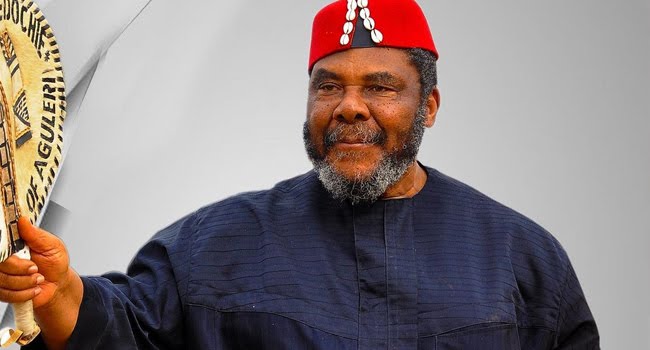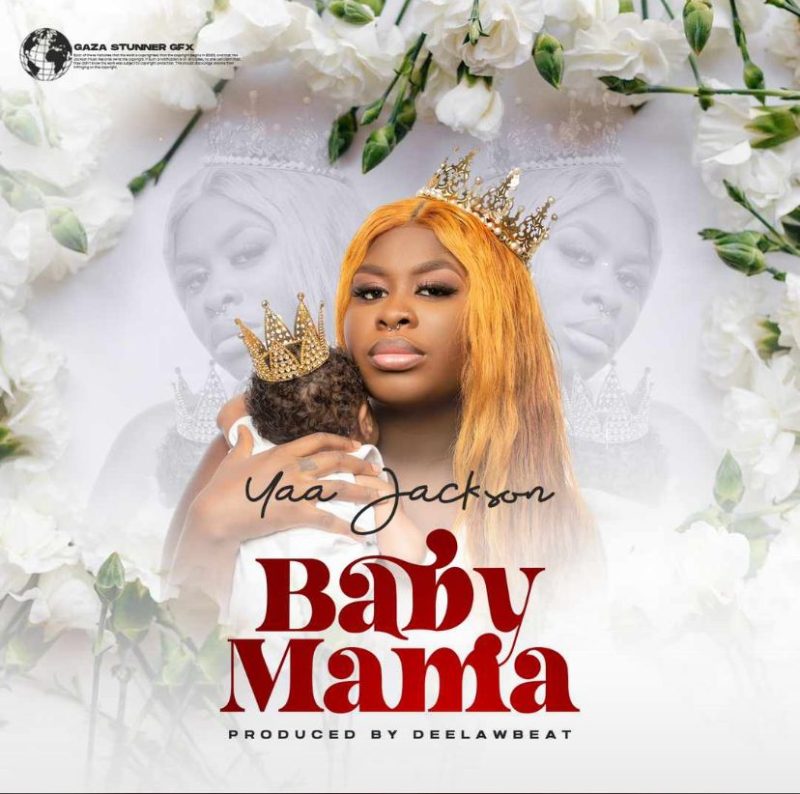Pete Edochie Celebrates Ghana’s Legacy: Highlife Music And Its Cultural Impact On Africa
 Pete Edochie Celebrates Ghana’s Legacy: Highlife Music And Its Cultural Impact On Africa
Pete Edochie Celebrates Ghana’s Legacy: Highlife Music And Its Cultural Impact On Africa
In a nostalgic reflection on African music and culture, renowned Nigerian actor Pete Edochie once paid tribute to Ghana’s monumental contributions to the continent’s creative and cultural landscape.
Speaking on the origins of highlife music, Edochie asserted that the genre, which originated in Ghana, has become one of the country’s greatest cultural exports, shaping not only the soundscape of West Africa but also influencing musical traditions across the entire continent.
Edochie emphasized the profound impact Ghana has had on Africa’s cultural identity, stating that Ghanaian culture has not only enriched Africa but also inspired global appreciation for the continent’s artistic diversity.
Highlife music, which emerged in the early 20th century, seamlessly blends African rhythms with Western musical elements such as jazz and swing, creating a unique sound that is both celebratory and deeply rooted in tradition. Over the years, the genre evolved into a symbol of Ghana’s cultural heritage, resonating with audiences across generations.
SEE ALSO: Nigerian Singer Tems Becomes Co-owner Of MLS’s San Diego FC
The genre gained widespread acclaim through pioneers like E.T. Mensah, who popularized highlife across West Africa in the 1950s, and other legends like Amakye Dede and Nana Ampadu, who infused it with storytelling and social commentary.
Highlife became the soundtrack of African independence movements, celebrations, and ceremonies, symbolizing unity and progress. Its influence can still be felt today, with contemporary artists in Ghana and beyond incorporating highlife elements into Afrobeat, Afropop, and other modern genres.
Beyond music, Edochie pointed out that Ghana’s cultural influence extends to other areas of African identity, including fashion, dance, and storytelling traditions. The kente cloth, adinkra symbols, and Akan folklore are just a few examples of Ghanaian heritage that have found their way into the larger narrative of African culture.
Ghana’s Pan-Africanist leaders like Kwame Nkrumah also played a pivotal role in fostering unity across the continent, ensuring that Ghana’s cultural and political influence transcended its borders. Pete Edochie’s remarks are not only a celebration of Ghana’s role as a cultural powerhouse but also a call to honor and preserve the rich traditions that bind Africa together.
He highlighted the importance of acknowledging the roots of these cultural innovations and ensuring that they continue to inspire future generations. His reflections resonate deeply, particularly in a modern era where the global appreciation of African culture is at an all-time high.
As highlife music continues to inspire both African and global audiences, it serves as a reminder of Ghana’s enduring contributions to the world. The genre’s evolution into contemporary forms reflects the dynamic nature of African culture—one that is constantly growing while remaining deeply connected to its roots. Through these shared cultural treasures, Ghana stands as a beacon of creativity and unity for Africa, a testament to the power of music and culture to transcend borders.
View this post on Instagram





